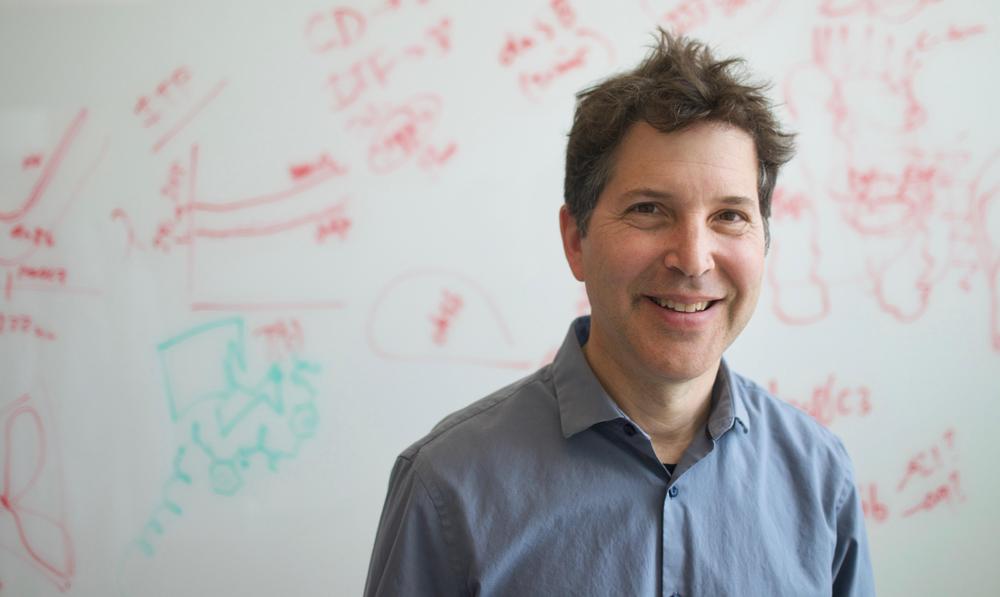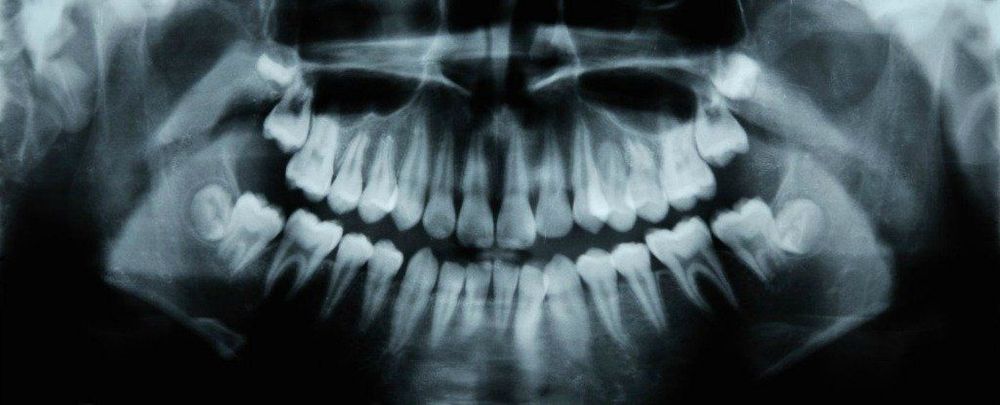For college students studying science, doing labwork as part of their classes is a vital way to learn research skills and better understand concepts from lectures.
That presents a challenge for schools that are operating remotely during the coronavirus pandemic — so some biology programs are mailing brains, eyeballs, and even entire fetal pigs to their students so they can dissect them at home.
At Lafayette College, neuroscience students enrolled in a physiology course recently received packages in the mail that contained preserved sheep brains, which are commonly chosen by schools due to their close resemblance to human brains. Then, neuroscientist and psychologist Luis Schettino — who, in the interest of transparency, was one of my professors when I attended Lafayette — guided his students over a video call as they dissected the brains.
Special delivery!






